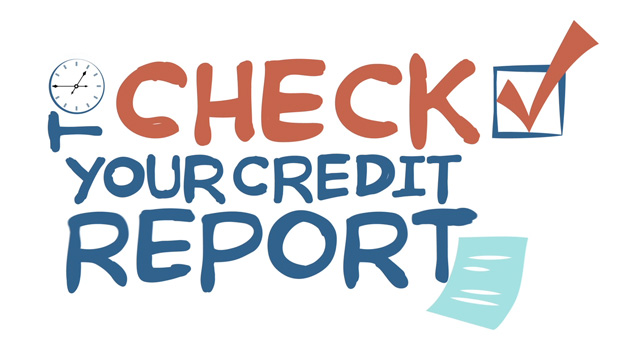
Before applying for an automobile, credit card, or home mortgage loan, it’s a good idea to check your credit report for errors. Banks, credit unions, auto finance and mortgage lenders have all raised the bar when making credit granting decisions. Long gone are the days when a 620 FICO credit score sufficed. Borrowers with bad credit are being turned down or forced to pay significantly higher interest rates when applying. Those with low credit scores have even been denied employment opportunities and automobile insurance.
Negative information contained in credit reports – such as late payments, collection accounts and public record entries – determine whether you can obtain credit, goods, benefits, services, employment and/or insurance. It’s important to review your Equifax, Experian and TransUnion credit reports on a regular basis and correct any information that is inaccurate, erroneous, obsolete, or fraudulent due to possible identity theft.
Don’t be scammed by the numerous “free credit report” opportunities found on the Internet. While dozens of companies offer that so-called “free credit report,” many of them have strings attached, such as subscription-based opt-in requiring you to provide credit card information.
You really can obtain a free copy of your credit report.
Under a narrow set of circumstances, you are entitled to a free copy of your credit report directly from the credit reporting agencies. If you have been denied credit, goods, benefits, services, employment or insurance, Equifax, Experian and TransUnion are statutorily mandated under the Fair Credit Reporting Act to provide a copy without charge.
Equifax can be contacted at (800) 685-1111 or online at www.Equifax.com.
Experian can be contacted at (888) 397-3742 or online at www.Experian.com.
Trans Union can be contacted at (800) 916-8800 or online at www.TransUnion.com.
When ordering credit reports, be sure to indicate that you were denied credit, goods, benefits, services and/or employment when prompted. Absent these exceptions, you are entitled to one free “annual credit report” per year. For your free annual credit report, contact the central source at 877-FACT-ACT (877-322-8228) or online at www.AnnualCreditReport.com. Follow the voice prompts and obtain your credit report for review.
Credit scores are not included with any of the “free credit reports” provided by the national credit reporting agencies of Equifax, Experian and TransUnion.